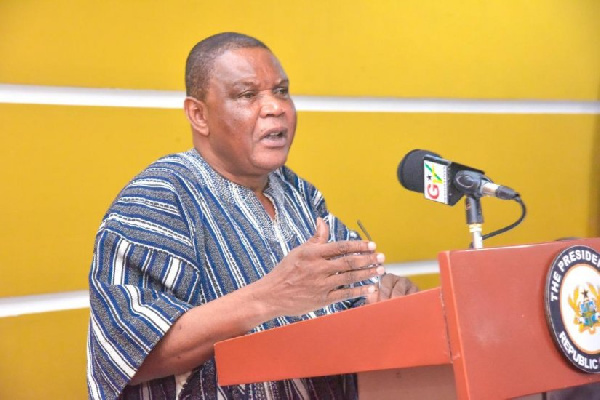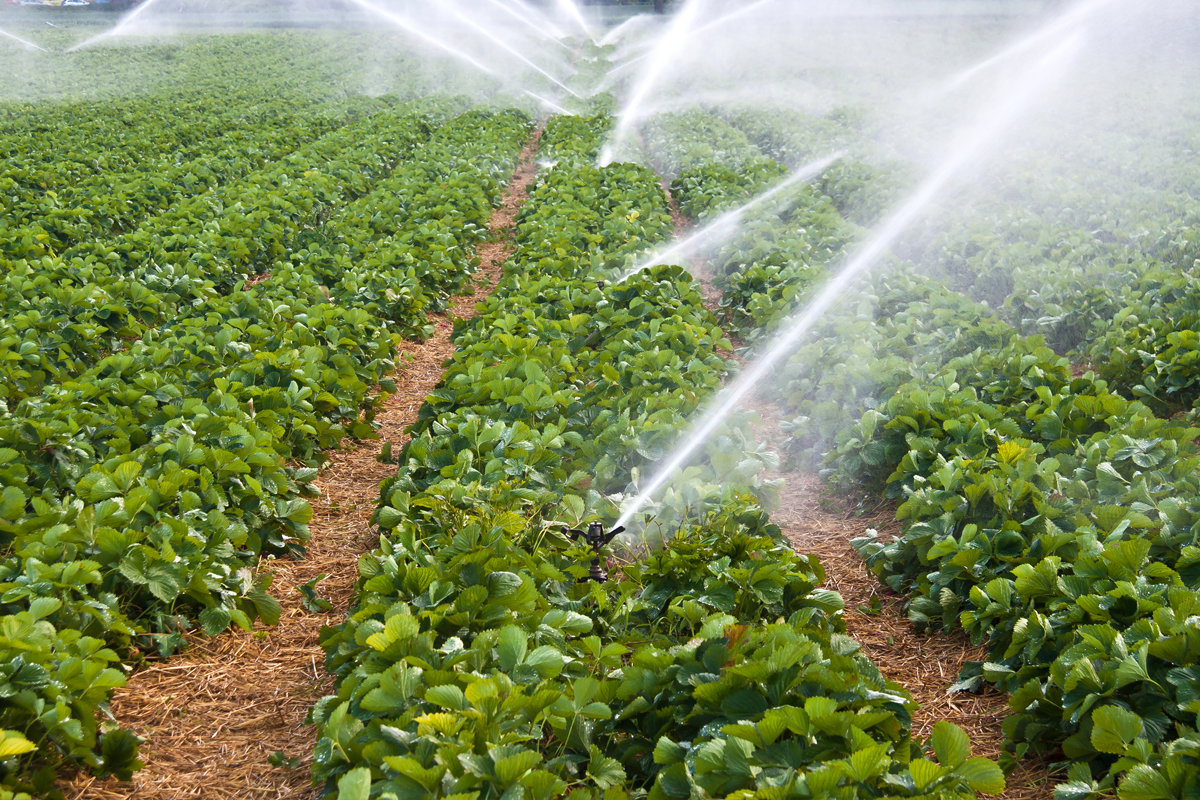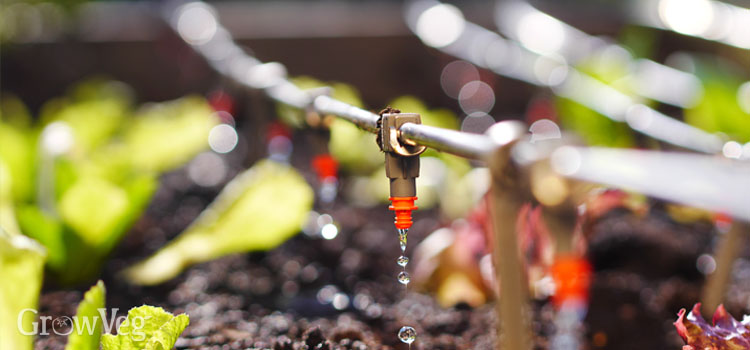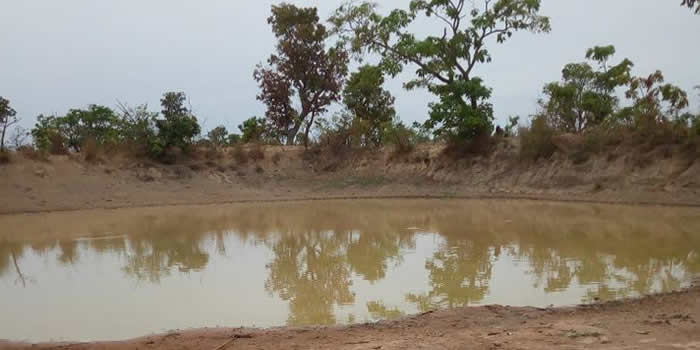Our dams are for modern irrigation – Gov’t debunks peasant farmers report
The government has debunked assertions that 90% of dams under the One-Village-One-Dam (1V1D) project in the Upper East Region cannot be used for farming purposes.
The Minister of State at the Ministry of Food and Agriculture, Dr Gyiele Nurah, described the report by the Peasant Farmers Association of Ghana (PFAG) as “false”.
He said the conclusions of the research led by Prof. Joseph Yaro of the Department of Geography at the University of Ghana did not have any basis.
With funding from OXFAM, the researchers examined about 140 dams during the study.
It established that so far; 83 out of the 140 dams promised the by the government, have been completed.
“Most of these (1V1D) dams can be classified basically as domestic or livestock dams in terms of use. So irrigation really is out of the question for probably 90% of these dams. It is not possible for irrigation”, Professor Yaro said.
However, Dr Nurah maintained that the agriculture sector was “now in the modern era of irrigation”.

“The only thing the researches failed to indicate was their objective for the research. Having an objective to criticize and assist the government to develop the project are two different things,” he said.
In his view, people are making pronouncements “based on the fact that the only irrigation they know is gravity irrigation where the valve is opened to flood the area to irrigate”.
However, he noted: “That type of irrigation is grossly inefficient because when you open the water, there is no way to control it.”
He elaborated on three types of irrigation, which is available in recent times.
He said there was the gravity system which requires a higher slope for water to flow down, the sprinkler method which requires a pump and then drip irrigation.

“For somebody to say that it is not suitable for irrigation the question is ‘on what basis is he judging’? He questioned in an interview on Joy FM.
About 560 dams have been earmarked by the government to support rural communities where water is scarce during the dry season.

Providing details on the dams, Dr Nurah said 30 are up to 50% complete, 59 were between 50%-89% completion, 399 are between 90%-100% completion and 88 were 100% complete.
Each constituency is expected to have at least 10 dams.
Contributing to the discussions, Programme Officer of PFAG, Mr Charles Nyaaba, said they were “disappointed with the way the government is always quick to condemn good information.”
He pointed out that the validation was done by farmers, irrigation development representatives, directors of the Department of Agriculture and officials from the districts where the dams were situated.
According to him, the Minister of Special Initiatives had indicated that funds for the dams were not enough for meaningful structures that could be used for irrigation purposes.
The ministry, therefore, constructed the dams based on the resources available and the final product has fallen short of the intended purpose, Mr Nyaaba argued.
“We are disappointed with the Minister (Dr Nurah) just coming out to condemn the reports without seeing the details,” he bemoaned.
He cited a community in the Bongo District which had challenges with the newly constructed dam.
In February, when the research team visited, the embankment was open, and the water was flowing out.
“Where the dam was situated was between houses and according to the community members, they could not use the water for anything,” he lamented.
“You go to a place like Kasena Nankana, when the dam was constructed, one month after the first rain the dam was open. According to the women who were expected to use the dam for farming, the community came and said that the water in the dam was not enough for farming activities,” he stressed.
They, therefore, used it for domestic purposes and as water for animals to drink, he concluded.
In his view, even if the government had adopted drip irrigation, one of the current systems suggested by Dr Nurah, a reservoir would be needed, with pipes connected to serve farms.
He, therefore, advised the government to peruse the findings of the research and explore ways to enhance the systems already implemented.



